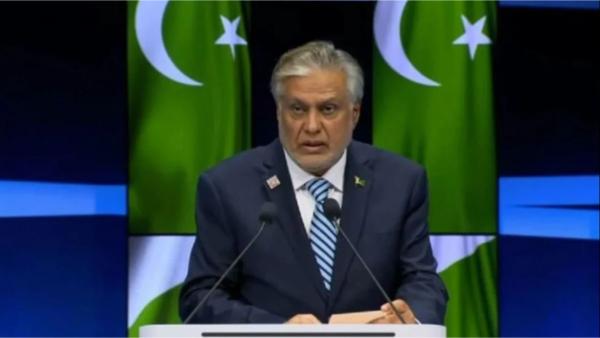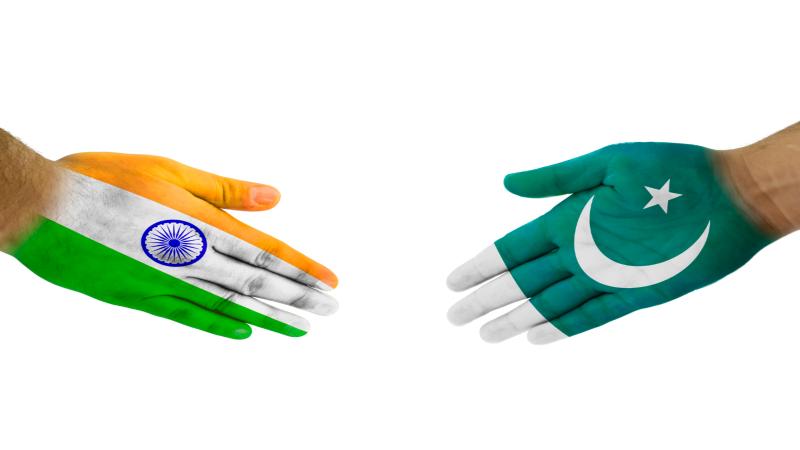Last week, Pakistani Finance Minister Ishaq Dar’s unexpected statement regarding the potential resumption of trade with India has sparked discussions across diplomatic circles. This shift in stance marks a significant departure from Pakistan’s previous insistence on linking trade to the reversal of India’s decision on Kashmir’s special status in 2019.

Political Dynamics and Economic Realities Drive Policy Shift
Dar’s remarks reflect a pragmatic approach by the Pakistan Muslim League-N, representing a coalition of semi-urban petty bourgeoisie and influential industrialists like former Prime Minister Nawaz Sharif. The economic benefits of normalised trade with India have long been recognized by these constituents, especially given the potential for substantial export growth.
Economic Imperatives Amidst Financial Strain
With Pakistan’s economy in dire need of foreign exchange reserves, estimated export gains of up to 80% present a compelling case for trade normalisation. Recent IMF bailouts underscore the urgency of stabilising Pakistan’s economy, with Prime Minister Shehbaz Sharif highlighting the necessity of further financial assistance to restore macroeconomic stability..
Asymmetrical Dependence Shapes Diplomatic Calculations
While Pakistan seeks to revive trade relations, India’s economic resilience grants it leverage in negotiations. India’s reluctance to open its markets to competitors underscores the power asymmetry between the two nations. However, overlooking Pakistan’s strategic significance could be shortsighted, given its nuclear capabilities and regional influence.
Strategic Diplomacy and Economic Interests Intersect
Developing constituencies within India advocating for closer ties with Pakistan is crucial for sustained engagement. Leveraging India’s vibrant private sector as a proponent of normalised relations could yield mutual benefits, fostering stability and economic growth on both sides.
Building Bridges for Mutual Prosperity
Developing constituencies within India advocating for closer ties with Pakistan is crucial for sustained engagement. Leveraging India’s vibrant private sector as a proponent of normalised relations could yield mutual benefits, fostering stability and economic growth on both sides.
A Path to Peace and Prosperity

A recalibrated approach to trade can serve as a catalyst for peace and stability in the region. India’s recognition of Pakistan’s economic aspirations and willingness to engage constructively could pave the way for a more prosperous and secure South Asia.
While the path to trade normalisation is fraught with challenges, the potential dividends for both nations make it a pursuit worthy of careful consideration and diplomatic engagement.
